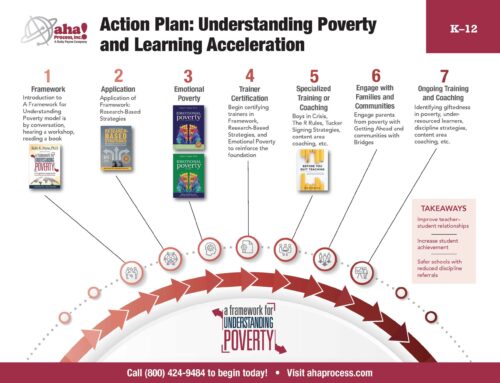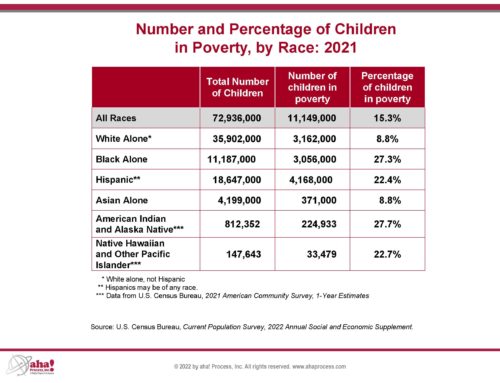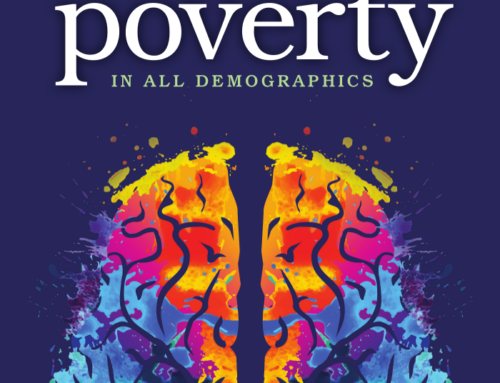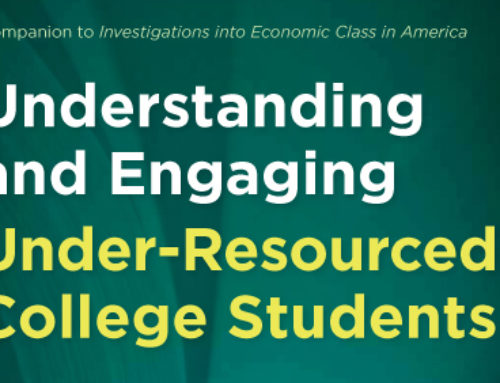 Last week, a student contacted me about the unexpected death of a family member and the need to miss a few classes. The student returned this week. After our class session, a few of us lingered—some to discuss questions about an upcoming assignment, and this student to talk about continued progress in the course.
Last week, a student contacted me about the unexpected death of a family member and the need to miss a few classes. The student returned this week. After our class session, a few of us lingered—some to discuss questions about an upcoming assignment, and this student to talk about continued progress in the course.
During our conversation, the student mentioned serious financial struggles the family now faces, one of which is a lack of reliable transportation. We agreed to talk more the next day as another classmate moved towards us. I anticipated this student would to ask a course-related question. Instead, the classmate tentatively approached the first student, saying, “I don’t mind giving you a ride to campus whenever I can. Just call me.” After a moment’s hesitation, they exchanged phone numbers before heading to their next classes.
There are so many reasons I continue to think about that exchange: the practical kindness demonstrated by that student, despite the inconvenience it might cause; the other student’s courage to acknowledge a need and then accept a classmate’s offer; the real possibility that this simple act could make a real difference—not only academically, but personally—and not just for the student in need. Not even just for the student offering to help, either. It has made a difference for me.
This morning, I realize that seeing one Pellissippi State Community College student’s kindness towards a peer reminds me about how much each of our students has to offer—not just to our community, not just to a future employer, not just to the college, but to one another. And to me.
Sometimes, what an individual has to offer becomes evident when a need is expressed. Yet this kind of conversation—one that relies on interdependence—can be rare, especially in the realm of higher education, which in so many ways communicates values of self-sufficiency and independence. Research is showing, however, that a culture of interdependence can result in at-risk students experiencing a sense of belonging in college. And this, in turn, can make a real difference in their academic progress.
Today, I am pondering a new way to cultivate belonging. What steps can I take to reinforce not only my students’ self-efficacy and autonomy, but also the value of interdependence?








